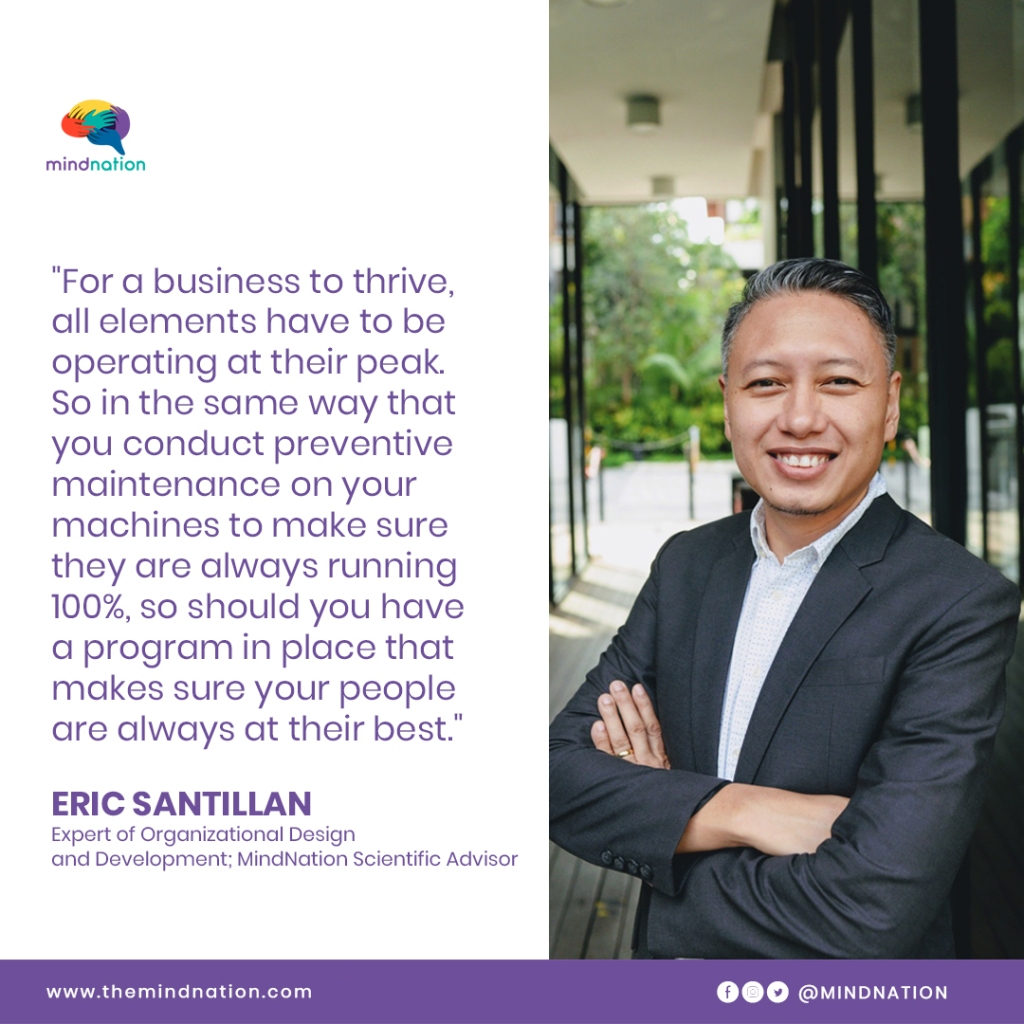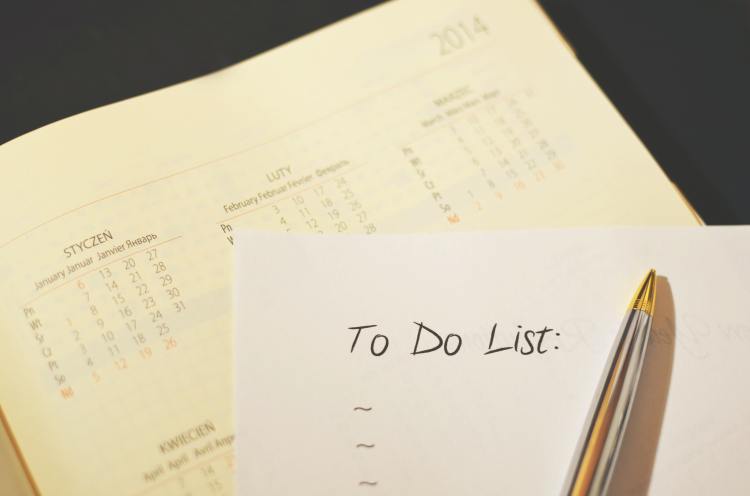Are you consumed by heightened anxiety while waiting for a future event such as a work presentation, an exam, or a first-time plane ride? You might be experiencing anticipatory stress or “pre-event” stress. This happens when dread builds up and you stress out ahead of time, leading you to experience extra stress. This unhealthy amount of worrying can leave you restless, trapped, and mentally depleted.
How Is Anticipatory Stress Different From Other Forms Of Stress?
Stress, anxiety, and anticipatory stress are related but distinct experiences. Stress is the body’s physical response to current external pressures or demands, such as managing a heavy workload or dealing with a difficult colleague. Anxiety, on the other hand, refers to the general state of unease and intense worrying about things that may be absent and without clear triggers. Anticipatory stress is related to anxiety, but what sets it apart is a specific trigger: an uncertain future outcome.
In contrast with other forms of stress, anticipatory stress, on the other hand, is based on perceptions and expectations rather than the actual situation itself. It often stems from uncertainty, lack of confidence and control, and fear of the unknown. Moreover, this form of stress can be prolonged if the waiting period takes longer.
In contrast with other forms of stress, anticipatory stress, on the other hand, is based on perceptions and expectations rather than the actual situation itself.
What Are The Signs And Symptoms Of Anticipatory Stress?
- Feeling tense and on edge
- Racing thoughts
- Increased heart rate and breathing difficulties
- Sleep problems
- Upset stomach, diarrhea, and frequent urination
- Irritability
- Difficulty in concentration
- Anticipating the worst
- Unhealthy behaviors such as stress eating, drinking, avoidance, and procrastination
- Low levels of self-esteem and confidence
How Can You Cope With Anticipatory Stress?
While worrying is normal, people with greater tendency to be a worrier or to overthink things may be more prone to anticipatory stress. Fortunately, there are many strategies that can help you cope with anticipatory stress and prevent it from taking over your life.
- Challenge and reframe your thoughts. Anticipatory stress is often based on negative or irrational thoughts, such as “I’m going to fail” or “Everyone will judge me.” Challenge these thoughts by acknowledging that the event you dread may not play out as negatively as you imagine. You may try to create facts or action steps to counter the negative thoughts. Remember the ratio 1:5. Pair 1 negative thought with 5 healthy or positive thoughts and facts about the situation.
- Preparing and planning ahead as much as possible may reduce anticipatory stress. You can do this by rehearsing the situation, visualizing positive outcomes, or making a checklist to help you feel more in control.
- Ground yourself by focusing your attention on what you can control in your day-to-day activities. You can also do this by reflecting on your routine prior to the event that causes anticipatory stress
- Be compassionate to yourself. Positive affirmations can help to establish strength of character. Recognize the things that you have successfully completed despite facing anticipatory stress. Remind yourself that you can take one step at a time.
- Seek help from a trusted friend or family member to manage and release anticipatory stress and develop effective coping strategies.
If talking to a friend doesn’t work, help can also come from a MindNation WellBeing Coach or Psychologist. They can help you manage your stress, anxiety so that you can live your best life today without constantly worrying about tomorrow. Book a session now by downloading the MindNation app at mindnation.com/app.



















